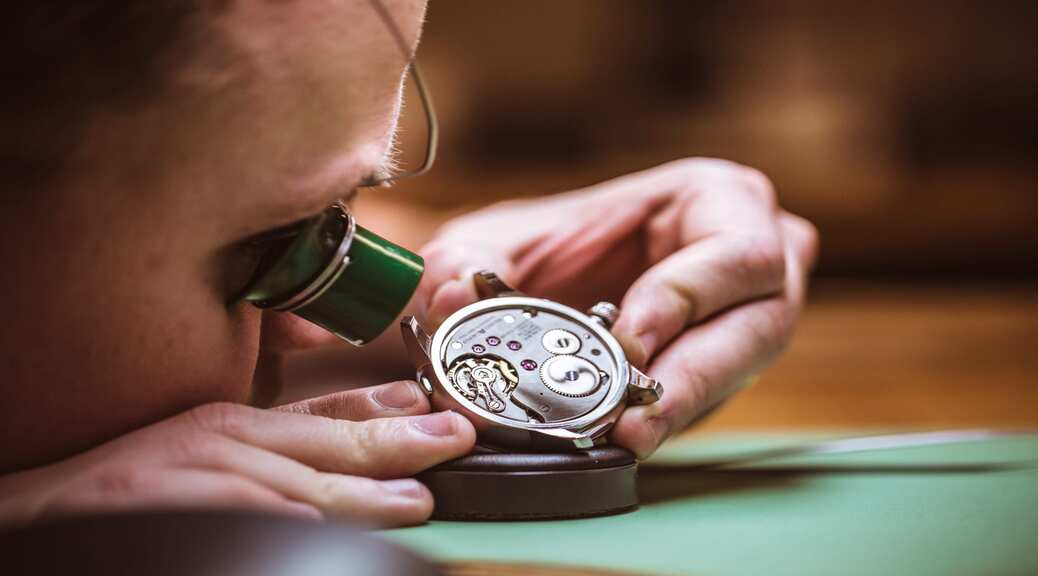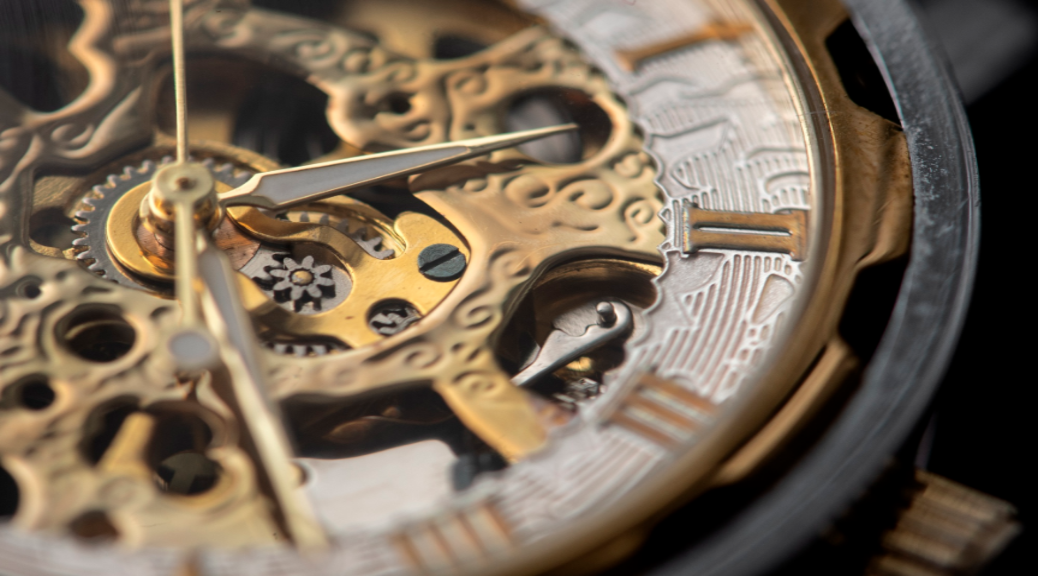It’s worth understanding why people prefer leather straps before discussing how to maintain them.
People choose watches with leather straps for a variety of reasons. One of the main reasons is that leather straps offer a classic, timeless look that can complement a range of outfits and styles. The natural grain and texture of leather can add a touch of sophistication to any outfit, which makes it an endearing choice for both formal and casual occasions.
Leather straps are also comfortable to wear, particularly when compared to metal straps or bracelets. Leather is a soft and flexible material that can mold to the wearer’s wrist over time, making it more comfortable to wear. Additionally, leather straps are less likely to pinch or pull on the skin, making them a popular choice for people with sensitive skin.
Another advantage of leather straps is their durability. Leather is a strong and resilient material that can withstand daily wear and tear, making it a celebrated choice for people who are looking for a long-lasting watch strap. While leather straps do require some maintenance to keep them looking their best, they can last for years with proper care.
Leather straps offer a range of customization options. Leather straps come in a variety of colors, textures, and styles, making it easy for people to find a strap that suits their personal taste and style. Whether someone is looking for a classic brown leather strap or a more modern, colorful option, there is a leather strap out there to suit their needs.
How should a leather strap be maintained?
Leather watches are always a thing of beauty, a timeless classic that can last for years. But on one condition. It has to be well-maintained. While it is possible for leather to last for years, there are more ways that it can get damaged and perish before its time than it can live a long life. Leather, like any other material, can deteriorate over the years if not tended to properly and that is why we are here to give you some tips on how to take care of your leather watch straps to keep it looking good as new in the years to come.
The foremost advice to owners of leather watch straps is to keep it clean as they are porous and can easily absorb dirt, oil and sweat from your skin. This implies it is unavoidable to clean them regularly. You can use a soft cloth and water to gently wipe it clean at regular intervals. But please do keep in mind that you shouldn’t use too much water as it can damage the leather. Also, don’t forget to dry the strap thoroughly before wearing it.
Leather watches are not naturally water-resistant. So, exposure to water can damage the leather, causing it to weaken and crack. You should strictly avoid wearing your leather strap watch when you go swimming, showering or any other water-based activity. And when you’re not wearing your watch, be mindful to store it in a cool, dry place, away from direct sunlight as the heat can also cause damage to the leather. IT can either dry out or fade, making it prone to cracking. To avoid this, it is always best to store your watch in a watch case or a soft pouch to protect it from direct sunlight, dust and scratches.
In environments with low humidity, leather can dry out over time, causing it to crack and lose its shine. To prevent such damage, it is essential to condition the leather regularly to keep it supple and moisturized. A leather conditioner designed for watch straps can be applied using a soft cloth in such circumstances. But make sure you do not over-condition the leather as it can get greasy and absorb dirt.
Another element to avoid is harsh chemicals that can damage the leather straps such as cleaning products, perfumes and lotions. If leather comes in contact with such chemicals, make sure to wipe it off immediately with a damp cloth and dry it out completely. Chemicals can cause discolouration, fading or staining.
Tips for identifying genuine leather straps of watches
Identifying genuine leather straps is an important task for watch enthusiasts who want to ensure they are purchasing a high-quality product. There are a few things to look for when determining if a leather strap is genuine.
Firstly, take a look at the texture of the leather. Genuine leather will have a natural, uneven texture with visible pores and lines. It may also have variations in color, as leather is a natural material that can differ from one piece to the next. If the texture of the leather is too smooth and uniform, it is likely that the strap is made from synthetic materials.
Another way to identify genuine leather is to check the edge of the strap. Genuine leather straps will have a rough, unfinished edge where the leather has been cut. This is because leather is a natural material that cannot be cut to a perfectly smooth edge like synthetic materials can. If the edge of the strap is smooth and polished, it may be made from synthetic materials.
You can also check the back of the leather strap to see if it is made from genuine leather. The back of the strap should have a suede-like texture, as this is the underside of the animal hide. If the back of the strap is smooth and uniform, it may be made from synthetic materials.
Finally, take a closer look at the stitching on the leather strap. Genuine leather straps will have even, tight stitching that is done with a waxed thread. The stitches should be consistent in size and spacing. If the stitching looks loose or uneven, or if it is done with a synthetic thread, the strap may not be made from genuine leather.
Overall, identifying genuine leather straps requires careful examination of the texture, edge, back, and stitching of the strap. By taking the time to check these details, watch enthusiasts can ensure they are purchasing a high-quality product that will last for years to come.






